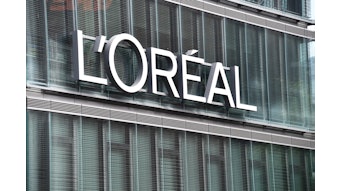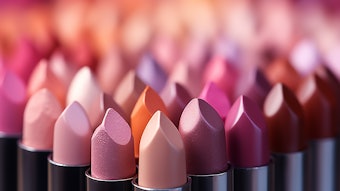China is home to the world’s largest online population with over 460 million Internet users. There is no doubt about it, e-Commerce is here to stay. And in China, it’s growing at break-neck speed. In 2010, Internet sales in China grew by 22% to reach $685 Billion. To put things in perspective, this was generated by only 158 million online shoppers, or just more than 10% of China’s population leaving immense room for growth. E-commerce is now 12% of China’s GDP, and will only get bigger.
The e-commerce bug is sweeping the nation, reaching even into the most remote towns and villages. A growing number of factory workers are returning to their home to start up their own online businesses. Most of them have little education and barely know how to use a keyboard. “One finger” online businesses are being formed every day on popular C2C e-Commerce sites where proprietors average more than $100 in revenues every day, substantially more than they can make in a factory. There were an estimated 25,000 e-commerce sites in China in 2010, serving everything from single towns to the entire country.
China's e-commerce market is dominated by Chinese companies, with the most prominent being Alibaba Group’s Alibaba and TaoBao. Speaking at a recent China-USA trading conference in New Jersey, Jack Ma, Alibaba Group’s CEO and legendary China e-Commerce pioneer noted that Alibaba Group is “100% Made in China, and now a global e-giant”. Considering its 370 million users and a recent valuation of $32 billion, Alibaba and TaoBao are making its mark on the world.
The e-cosmetics business has been at the forefront of this shift in commerce. A number of online cosmetics stores, such as OnlyLady and Kimiss, have been in business for over 15 years along side up-and-coming sites, such as Jumei, trying to grab a piece of the market. Some are branded platforms such as Lancôme’s immensely popular Rosebeauty. Aside from these, anyone can set up an online store on TaoBao. Chinese are no longer afraid to purchase products via the Internet, and incomes are rising. China’s wealthy class is quickly growing with consumers who have cash-in-hand and want the best “beauty image” that money can buy. These consumers are demanding luxury cosmetics, especially U.S. and European brands. This represents a hot opportunity for reputable foreign cosmetic brands who are looking to enter the China market with limited resources. Now is the time to catch the e-commerce wave into the China market.
Jonathan Lin is president of JWL beauty solutions and founder of China Market Entry Program - China Direct Express. www.jwlbeautysolutions.com










